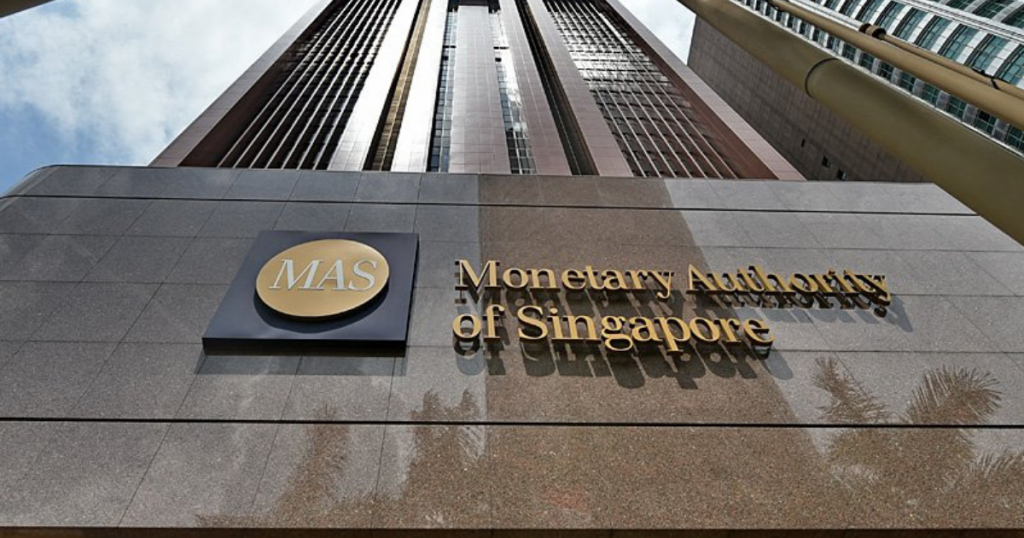This year, Singapore ranked fifth in the Global Financial Centres Index (GFCI), which ranks the competitiveness of financial centres.
There is little doubt that the city state is rising in competitiveness in the financial technology (fintech) sphere, and government support for the sector has been increasing.
Yesterday (August 13), the Monetary Authority of Singapore (MAS) announced that it will be committing S$250 million to enhance the Financial Sector Technology and Innovation Scheme (FSTI 2.0).
The scheme aims to encourage the expansion of the existing innovation labs and further develop Singaporean talent in fintech, said MAS managing director Ravi Menon.
Funding has been ramped up from the previous $225 million spread over five years that was pumped into the original FSTI scheme.
An Enthusiasm For Innovation
Singapore’s commitment to innovation and entrepreneurship has been a contributing factor in the success of the fintech industry.
Since 2015, over 200 financial institutions have tapped into the FSTI scheme, and over 40 innovation labs by financial institutions have emerged.
Notable innovation labs include DBS Asia X, HSBC Singapore Innovation Lab and KPMG Digital Village.

The popping up of innovation labs also led to the creation of around 180 “high-value” jobs, of which about 60 percent are filled up by Singaporeans, said Menon.
The S$250 million funding will support financial institutions and fintech firms to take on larger proof-of-concept (POC) projects, in a bid to drive the creation of innovative solutions.
FSTI 2.0 also aims to increase the adoption of artificial intelligence (AI), the latest buzzword in the fintech industry.
The funding for the Artificial Intelligence and Data Analytics (AIDA) Grant, has risen from S$1 million to S$1.5 million with the new budget. This is in hopes of incentivising financial institutions to implement innovative AI solutions in their operations.
Ensuring A Competitive Singaporean Workforce
The increase in adoption of AI does not mean that workers in Singapore will become obsolete.
All AIDA applicants will be required by MAS to work with the Institute of Banking and Finance to “actively look out” for workers who might be at risk of getting replaced by AI.
Companies will then have to develop training plans to keep these workers employable.
FSTI 2.0 also seeks to ramp up the pipeline of Singaporean talent for fintech.
MAS will co-fund 50 per cent of incremental Singaporean hires in qualifying roles for a period of 24 months at existing innovation centres.
These training programmes will help to support workforce transformation in the financial sector and accelerate skills and knowledge transfer to Singaporean talents, said MAS in a statement.
MAS estimated that there are nearly 10,000 people employed by fintech companies.
There are now more than 1,000 fintech firms in Singapore compared to 50 five years ago.
“We have made good progress towards our vision of a Smart Financial Centre. Singapore is consistently ranked among the top three or five fintech hubs,” said Menon.
Featured Image Credit: Free Malaysia Today










